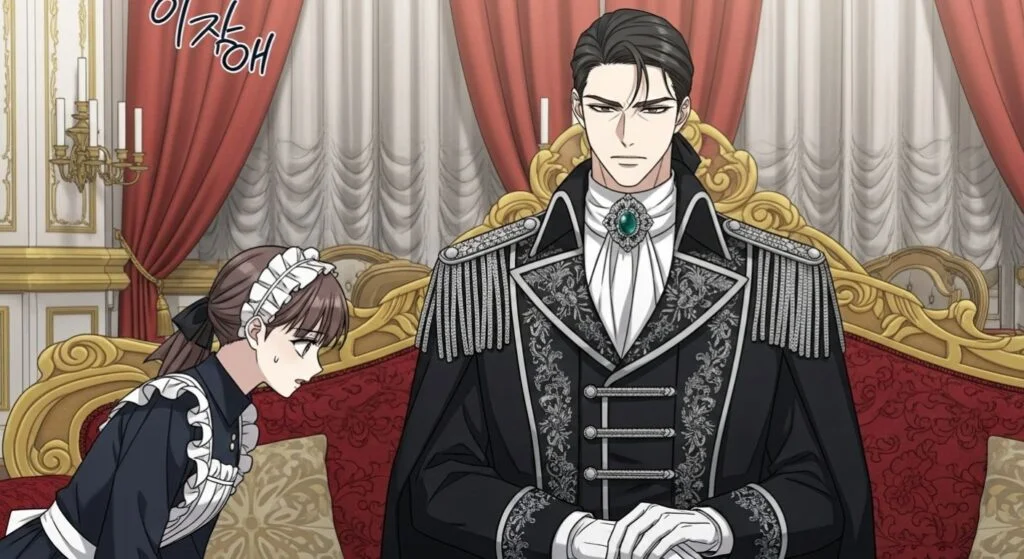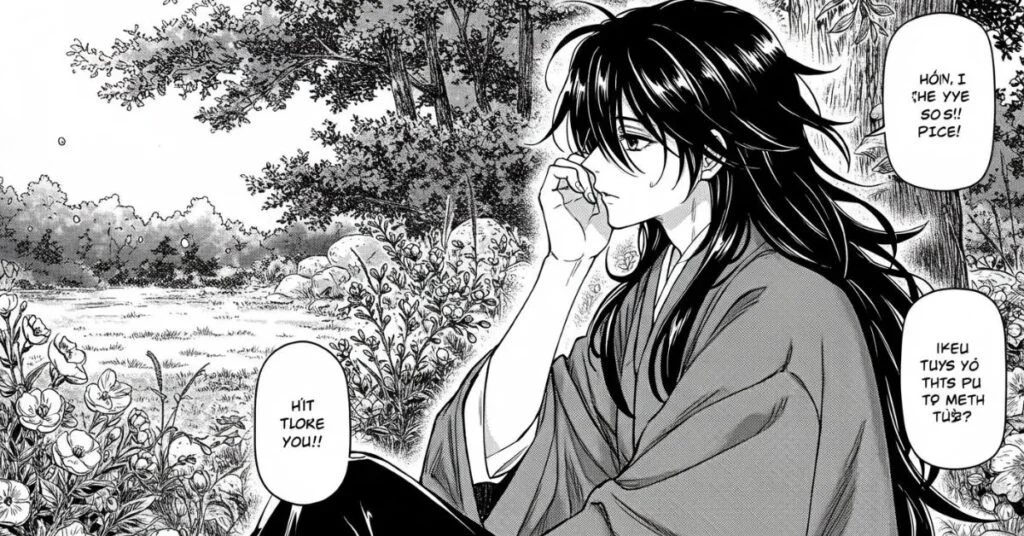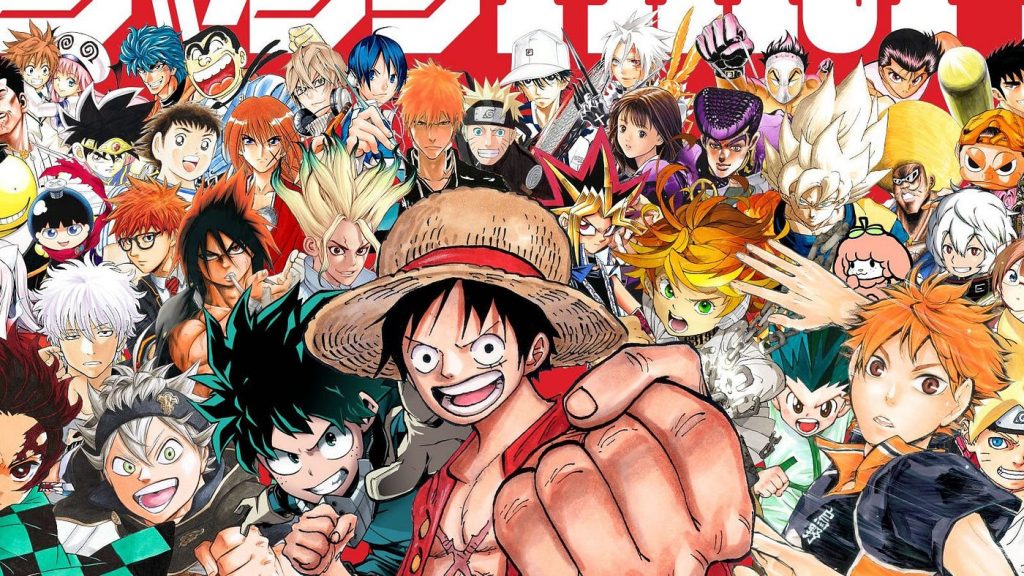When we hear the phrase “the handmaiden hates childcare mangabuddy”, it immediately sparks curiosity. The combination of words feels unusual—like a fusion of role, responsibility, and storytelling platform all rolled into one. At its heart, though, it reflects something we often see in literature and manga alike: the struggle of balancing one’s personal feelings against duties that feel forced upon them. This concept, especially in stories involving handmaidens or caretakers, creates a strong emotional core that many readers can relate to. Let’s break this down and explore what makes this phrase so fascinating in a narrative sense.
Understanding the Idea Behind “The Handmaiden”
In traditional stories, a handmaiden is someone who serves a noblewoman or a person of high status. The role is often demanding—requiring loyalty, sacrifice, and an almost invisible presence. Handmaidens historically existed to make someone else’s life easier, even if it meant neglecting their own dreams.
Now, imagine placing such a character in a scenario involving childcare. On the surface, one might assume it’s a natural extension of care—if she can serve a mistress, why not also watch after a child? But that assumption ignores an important reality: not every caregiver is meant to raise children, nor does every servant want to. This is where the tension begins to form in “the handmaiden hates childcare mangabuddy.”
The Clash Between Duty and Desire
The heart of this idea lies in conflict. A handmaiden’s role is rooted in obedience. But when faced with childcare—feeding, teaching, protecting, and nurturing—it taps into a much deeper responsibility. Raising children is not just physical work; it’s emotional labor.
If a handmaiden despises the role, the story takes on a layered complexity. She might feel trapped, resentful, or even rebellious. Readers who follow this type of manga on Mangabuddy—or similar platforms—see characters grappling with burdens that mirror real-world struggles. Many of us have experienced being pushed into roles we didn’t ask for, whether in family, work, or social life. That’s why the phrase resonates—it turns a very specific scenario into a universal theme of resistance against unwanted responsibility.
Why Mangabuddy Readers Connect with It
Mangabuddy is a space where manga fans dive into new narratives, unusual tropes, and experimental storytelling. When a story carries a title like “The Handmaiden Hates Childcare”, it stands out immediately. Fans are drawn in by the blunt honesty of the statement. It doesn’t sugarcoat. It doesn’t pretend this is a lighthearted babysitting story. Instead, it signals that the character is at odds with her reality.
Readers enjoy this because it feels raw and truthful. Not every protagonist has to embrace their role with a smile. In fact, stories often become more interesting when the main character rejects what’s expected of them. On Mangabuddy, these kinds of narratives thrive because they challenge traditional tropes. Instead of another cheerful nanny figure, we get a reluctant caretaker—a much more human and flawed perspective.
Themes of Rebellion and Independence
A strong undercurrent in the idea of “the handmaiden hates childcare” is rebellion. The refusal to embrace childcare duties is symbolic of something bigger: resistance against oppressive systems or unfair expectations. For centuries, women in literature and society have been expected to serve, nurture, and sacrifice without question. A character who openly resents childcare flips that expectation on its head.
This rebellion creates fertile ground for character development. Will the handmaiden break free from her duties? Will she be punished for her disobedience? Or will she slowly learn to accept her role, albeit grudgingly? Each possibility opens up different storylines that readers eagerly follow.
Childcare as a Storytelling Device
It’s worth asking: why childcare? Why not some other task? Childcare is powerful in stories because it represents innocence, growth, and the future. A child is not just a responsibility—it’s a mirror of hope, vulnerability, and potential. When a character hates childcare, it’s not simply about disliking babysitting. It’s often a metaphor for resisting the burden of shaping the future, resisting attachment, or even rejecting the vulnerability that comes with nurturing another life.
For the handmaiden, this adds another layer of depth. Maybe she fears forming attachments. Maybe she resents the noble family for dumping yet another responsibility on her. Or perhaps, deep down, she has a traumatic past that makes her incapable of connecting with children. Whatever the reason, the “hate” is more than dislike—it’s a narrative tool that reveals emotional scars.
Relatability in Real Life
Many readers find themselves nodding along when they see such stories. In reality, not everyone is suited for childcare. It requires patience, love, and emotional strength. Some people feel suffocated by the constant demands. Others feel unappreciated. And in some cases, people are expected to care for children simply because of their gender or status in a family hierarchy.
That’s why this storyline resonates. It mirrors real frustrations. A handmaiden may be fictional, but her resistance against imposed duties reflects the feelings of countless individuals today. It speaks to caregivers who are exhausted, parents who feel pressured, and workers who take on responsibilities beyond their will.
The Role of Mangabuddy in Showcasing These Stories
Mangabuddy has become a hub for manga enthusiasts who want to explore beyond the mainstream. By hosting titles like “the handmaiden hates childcare”, it allows unique narratives to gain visibility. Readers don’t just get action-packed adventures or romantic dramas—they get to see raw, emotional stories that question traditional norms.
The accessibility of Mangabuddy also plays a role. Readers across the globe can connect with characters like the reluctant handmaiden, forming online communities where they discuss, analyze, and even debate the themes. This shared experience amplifies the impact of the story, making it more than just a solitary read.
Potential Lessons and Takeaways
While the phrase may sound like a simple expression of dislike, the story potential goes much deeper. Here are a few lessons readers might take away from a manga with such a premise:
- It’s okay to resist roles that don’t suit you. Not every expectation has to be met.
- Caregiving is complex. It requires more than duty—it requires willingness and heart.
- Rebellion can spark growth. Characters who resist often find new paths of freedom.
- Flawed characters are powerful. Perfection is boring; flaws drive storytelling.
Final Thoughts
At first glance, “the handmaiden hates childcare mangabuddy” feels like an odd phrase. But once you dig deeper, it represents a powerful intersection of storytelling, emotion, and relatability. It captures the struggle between imposed duty and personal freedom, turning a seemingly simple situation into a layered narrative.
For readers on Mangabuddy, this kind of story is refreshing. It challenges traditions, offers flawed but relatable characters, and sparks conversations about roles society forces on us. In many ways, the handmaiden’s dislike of childcare isn’t just about babysitting—it’s about reclaiming her identity in a world that demands too much. And maybe that’s the reason such a story sticks with us long after we’ve turned the last page.
Check More Manga Buddy!





